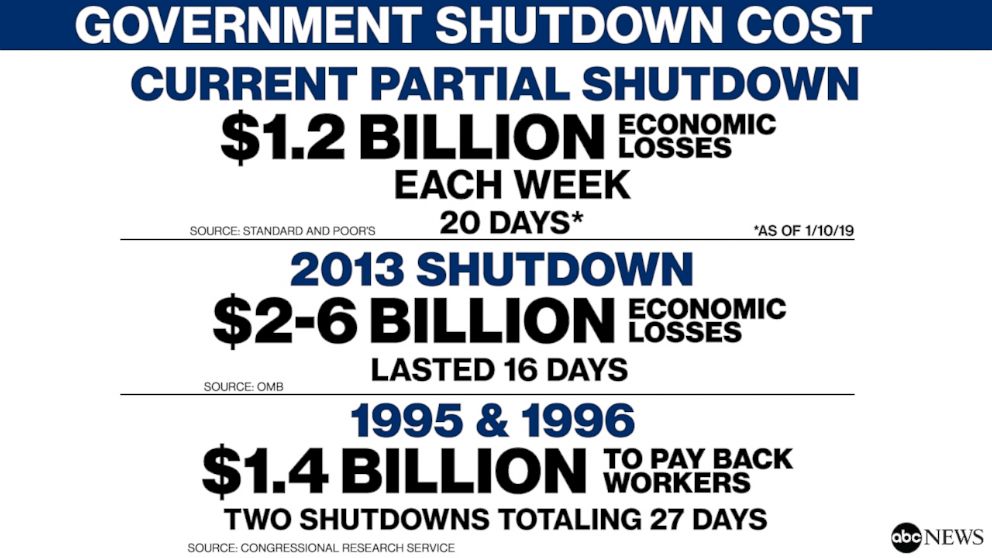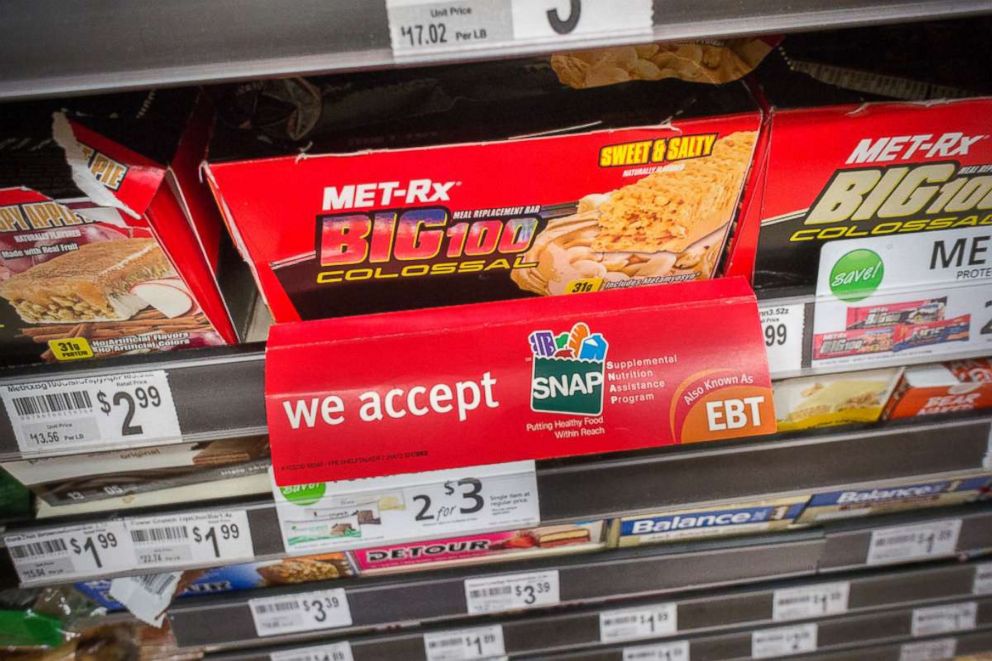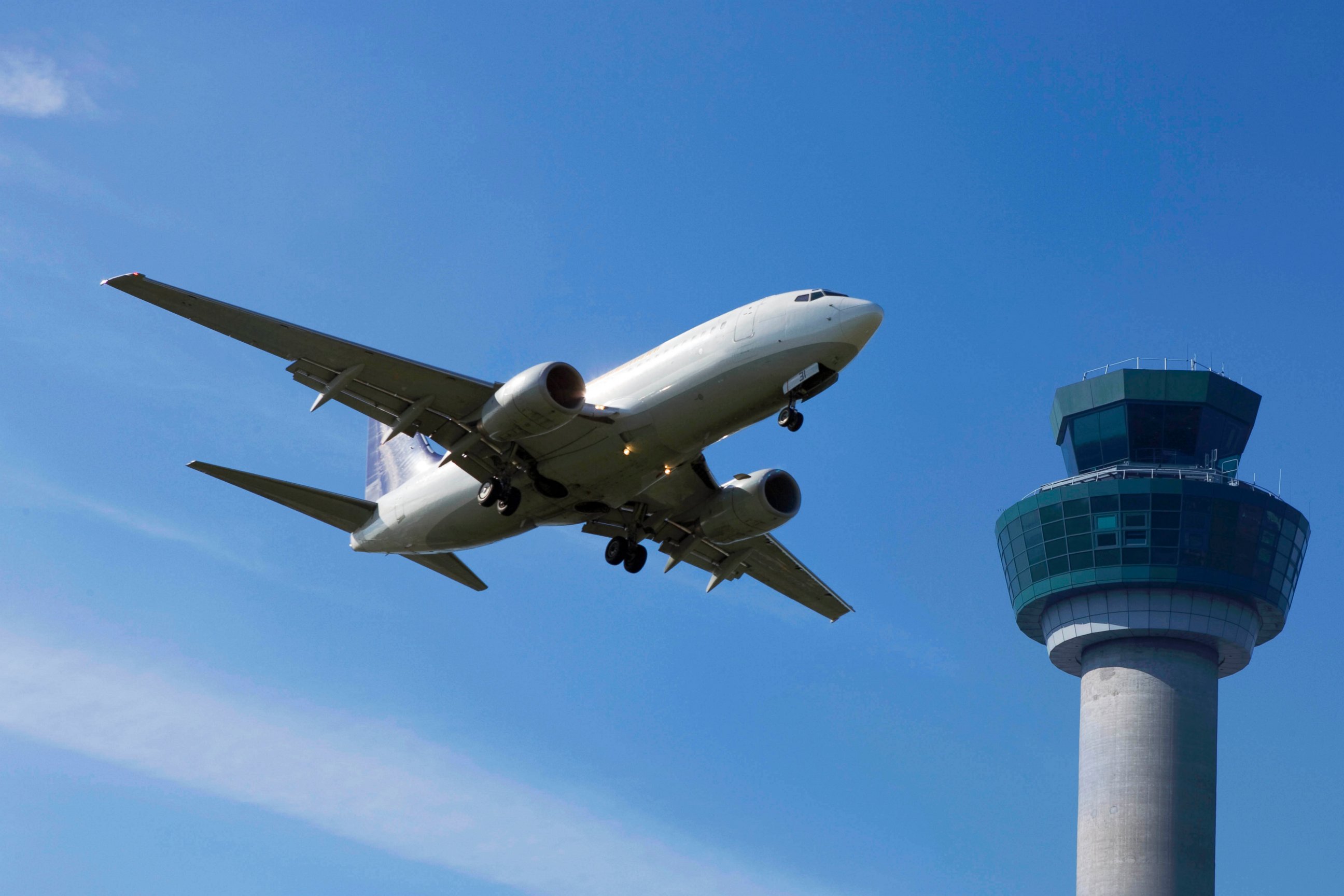The latest on the government shutdown: Workers face their first missing paychecks Friday, and by Saturday, it becomes the longest in history
Here’s a look at the latest shutdown developments and what could happen next.
The ongoing government shutdown is about to turn into the longest one in U.S. history and that's raising questions about what will happen next.
By Friday, many of the 800,000 federal workers affected are expected to have missed their first paycheck since the shutdown began three weeks ago. And by Saturday, the funding lapse will be the longest in history at 22 days, surpassing the 21-day holiday shutdown that stretched into 1996.

The missing paychecks are likely to trigger at least some unemployment claims with states, as well as possible resignations by federal workers who have grown tired of the instability. That could include airline security personnel, prison guards, food inspectors, Coast Guard personnel and border patrol officers.
Already, an estimated 4,500 people have filed for unemployment in the nation's capital. Airline workers are showing up on Capitol Hill urging Congress to reach a deal, and a separate major union rally is planned for Thursday.
For now, most agencies say there haven't been any major disruptions to government operations because workers deemed essential -- about 420,000 -- have been ordered to keep working despite not being paid. At least two lawsuits have been filed on their behalf, with major unions arguing that requiring work without pay isn't fair.
But as one agency official put it, if the shutdown extends past February, "we'll be digging into the couch cushions" to keep the most important operations afloat.
Here's a look at the latest shutdown developments and what could happen next:
Unemployment claims start coming in
Washington's city government estimates that about 4,500 people -– 3,745 federal workers and 822 federal contractors -- already have filed for unemployment as a direct result of the shutdown.
That's likely just the beginning. Federal workers can file for unemployment benefits where they worked, and, according to one major union, some 85 percent of the federal workforce exists outside Washington.
Rules vary from state to state. But it's generally expected that employees would have to repay any unemployment benefits if they receive back pay once the shutdown ends.
There is one small comfort for federal workers though: The Office of Personnel and Management on Wednesday said that employees required to work during the shutdown will be able to reschedule any paid time off they may have lost.
Food stamps OK for now, some housing in question
Food stamp recipients will have access to their full benefits for February, even if the partial government shutdown continues, the Agriculture Department told reporters late Tuesday.

The department said it will work with states to load benefits onto recipients' cards by Jan. 20, just within the deadline for a provision that allows them to pay out benefits, even without a budget.
Still a concern are expiring contracts for a program by the Department of Housing and Urban Development that subsidizes rent and utilities for 1.2 million low-income families. HUD announced that some 1,150 contracts with private landlords have expired since the shutdown, with another 500 set to expire later this month and 500 more next month.
The agency sent the landlords letters earlier this month urging them to dip into any reserves, and an agency spokesman said he didn't expect any evictions to take place because landlords know they will eventually get paid when the shutdown ends.
"There have never been evictions of any kind because of government shutdowns," HUD spokesman Brian Sullivan said.
Worth noting though is that if the shutdown stretches into February, which is possible considering the lack of progress in budget talks, HUD and other agencies would be working in uncharted territory.
Feds owe a $5 million water bill
The local water provider in Washington said the federal government is short $5 million of the $16.5 million it owes, according to a recent letter it received from the Treasury Department.
Matthew Brown, chief financial officer at the District of Columbia Water and Sewer Authority, known as D.C. Water, said they usually don't charge late fees to customers like the federal government and the delayed payments won't immediately hurt the water authority's pocket books.
"It would probably be, just off the top of my head, approximately a year before it begins to be a real problem," Brown said.
Air Traffic controllers affected
Also a concern are the air traffic controllers employed by the Federal Aviation Administration. This week, nearly 100 air traffic controllers went to Capitol Hill to call for an end to the shutdown. An association of the workers said they're already at a 30-year staffing low nationwide. They expect their first missing paycheck around Jan. 15.

Food inspections on the line
After the shutdown, routine domestic food inspections were suspended by the Food and Drug Administration, although foreign food inspections continued along with what the agency called surveillance of "high-risk" foods and facilities.
Food and Drug Administrator Commissioner Scott Gottlieb said Wednesday that the agency is "taking steps" to expand domestic food safety inspections further during the shutdown, focusing on high-risk facilities that make up a third of regular inspections.
Gottlieb tweeted that he wants to bring food inspectors back to work as early as next week, though they still would not be paid until the government reopens.
Preventing wildfires
The U.S. Fish and Wildlife Service is calling back employees to staff 38 national wildlife refuges across the country under a temporary 30-day plan that will rely on leftover money from its 2018 budget.
Similar to the National Park Services, refuges were accessible to the public, minus the staff or access to visitors centers. The workers that come back will be carrying out prescribed burns to manage the areas and minimize wildfire risk. They will also staff visitors centers and conduct maintenance, as well as continue working on environmental rules they hope to complete before next fall's hunting season.
Some National Parks switch signs to 'closed'
So far, the biggest visible impact of the shutdown for the general public has been at the national parks, where the absence of staff has meant a pileup of trash and safety violations.

But, the parks have said they are working to restore basic services including trash pick up using money previously collected from entrance fees and campground fees. One site, Joshua Tree National Park in California, had announced it planned to close temporarily Thursday to deal with sanitation and safety issues. But it later said it was able to avert that shutdown using recreation fees.
The parks though will still take a financial hit even when the shutdown ends. Democrats on the Senate Appropriations Committee have estimated that NPS could lose $400,000 a day in fees if there isn't staff available to collect from visitors. Also, parks may have to pay to repair damage done by visitors not following park rules during the shutdown.




